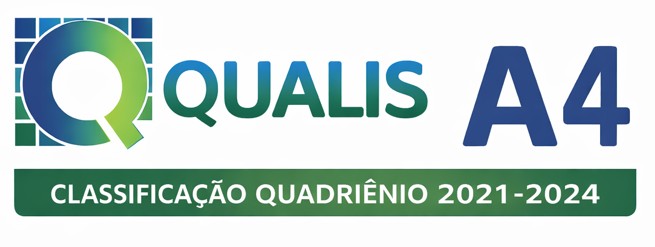Educar para a pesquisa: um desenho teórico-prático a partir da pedagogia da esperança
Palavras-chave:
Educação, Pesquisa, Pedagogia da Esperança, Relações étnico-raciais.Resumo
Como educar pela pesquisa pode servir para a construção de uma pedagogia da esperança antirracista? O artigo se debruça sobre as possibilidades da prática pedagógica ao unir educação pela pesquisa e uma pedagogia antirracista baseada na esperança. Enfatiza-se a importância de questionar, argumentar e comunicar para desenvolver criticidade e autonomia, articulando com a compreensão de diálogo e colaboração. A partir de Paulo Freire (1992, 1996) Pedro Demo (2011, 2015) e bell hooks (2020, 2021) aprofunda-se a percepção da pesquisa como uma ferramenta essencial para a construção de uma educação democrática. Evidencia-se também a contribuição de Moraes, Galiazzi e Ramos (2012) para a formulação do mapa prático-conceitual, que foi aprofundado no terceiro tópico. Destaca-se a necessidade de uma educação que valorize a diferença e capacite os estudantes para formular suas próprias questões, tornando-se agentes políticos de suas históricas. Diante disso, reforça-se a convicção de que a educação pela pesquisa é um caminho promissor para construir uma educação antirracista baseada na esperança ao combinar os passos dialéticos de educar pela pesquisa com os ensinamentos de bell hooks sobre uma pedagogia da esperança. Promovendo a curiosidade, o diálogo e a reflexão crítica, educar pela pesquisa não só desafia as estruturas de poder existentes, mas também potencializa novas narrativas e perspectivas. Em conclusão, compreende que educar através da pesquisa não é somente uma tática pedagógica, mas um compromisso com a mudança social e promoção da justiça racial.










